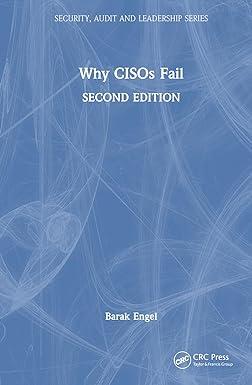Answered step by step
Verified Expert Solution
Question
1 Approved Answer
Two models Class, under GAAP, a company must consolidate any entity in which it has a controlling interest. This term was long defined as ownership

Two models Class, under GAAP, a company must consolidate any entity in which it has a "controlling interest." This term was long defined as ownership of more than 50% of the entity's voting interests. FIN 46(R) makes two critical changes: It defines when a company (sponsor or creator of a variable interest entity) should base "controlling financial interest" on factors other than voting rights, and it applies a new "risk and rewards" model in these situations. Consequently, GAAP now prescribes two accounting models for consolidation: - The voting-interest model, where the investor owns more than 50% of an entity's voting interests consolidates the investee's operation; and - The risk-and-rewards model, where the party that participates in the majority of the entity's economic impact consolidates such operations. This party could be an equity investor, other capital providers, or a party with contractual arrangements. FASB coined the term "variable interest entity" (VIE) for entities subject to the risk-and-rewards model. Class, what do you think of these two models? Will they result in major differences in the financial statement result? Anyone
Step by Step Solution
There are 3 Steps involved in it
Step: 1

Get Instant Access to Expert-Tailored Solutions
See step-by-step solutions with expert insights and AI powered tools for academic success
Step: 2

Step: 3

Ace Your Homework with AI
Get the answers you need in no time with our AI-driven, step-by-step assistance
Get Started


